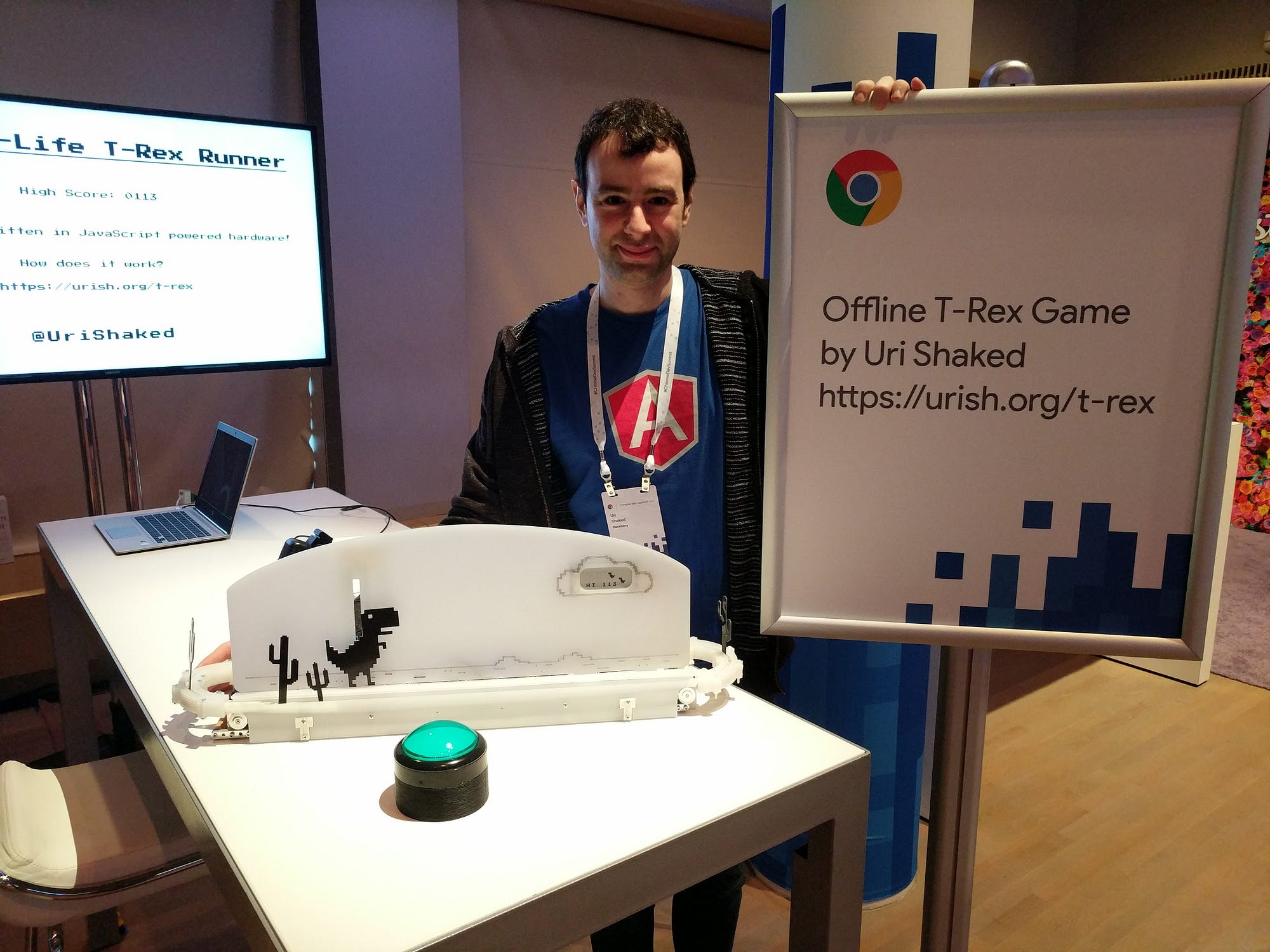Source: Money Changing – The Disruptors – BBC News
Everything we knew about money is up for grabs. So will we end up smiling?
Who controls currency – governments or networks of computers? Who controls our payments – technology companies, payment card providers, or banks?
Arguably most importantly of all, who controls all the data about our financial transactions – you or them?
The future of banking is within software companies. It’s not going to be your traditional banks. It is who owns the data and who owns the experience.
But who can you trust? Consumers will be bombarded with confusing marketing, they will quickly give away and lose control of their personal information, and only the tech-savvy will benefit, according to Mick McAteer, of the UK’s Financial Inclusion Centre.
…
Instead, there is a danger, he says, of these consumers being exploited, either through businesses offering a new form of expensive payday loan, or abuse of data alongside other personal information revealed on social media and elsewhere by unscrupulous individuals.


